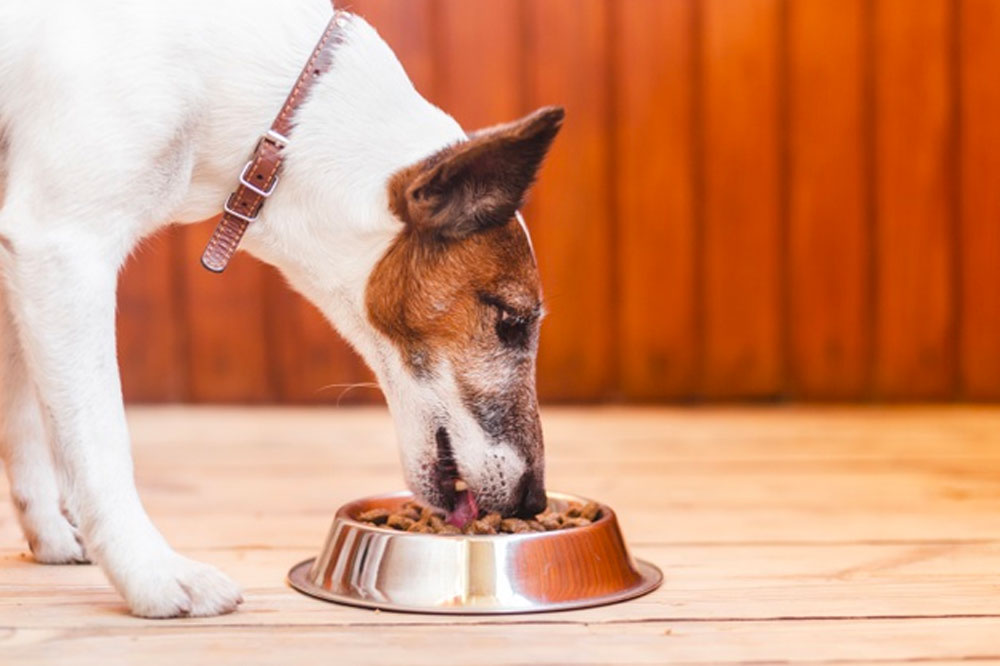
Common Food Allergies Found in Pets
Just like the bodies of human beings, the bodies of pets are also designed to respond negatively to food that they consider harmful to the system. The reactions include itching, redness of the skin, vomiting, diarrhea, and abdominal pain. These symptoms can occur anytime between a few minutes after consuming a particular type of food to up to 48 hours. As a responsible pet owner, it is your duty to watch for the symptoms and triggers for food allergies in pets and to stay alert every time you offer your pet a new kind of food. Listed below are some of the symptoms and triggers for food allergies in pets.
Beef
One of the most common types of food that causes the symptoms of food allergies in pets is beef. Vets treat dogs with beef allergies multiple times a week, and if your dog loves meat, make sure you do not feed it raw beef that can trigger an allergic reaction. Offer different kinds of meats over the week to reduce the chances of allergies.
Dairy
This is one type of food that both dogs and cats are largely allergic to. Dogs and cats have systems that find it difficult to digest lactose in dairy products such as yogurt, milk, and cheese. Some of the symptoms of food allergies in pets when they consume dairy are vomiting, loose stools, diarrhea, gas, and stomach infection.
Eggs
This is another common allergen in dogs. Eggs contain excess proteins and the body of your dog may consider this harmful and react negatively to it. Many packaged dog foods also contain eggs; hence, if your dog is allergic to it, read the instructions before buying the pack.
Artificial Coloring
When it comes to cats, one of the most common triggers for food allergies in pets is artificial coloring. This can directly affect the digestive system of your cat and result in itching, skin rashes, and excessive drooling.
Seafood
This is another product that aggravates the symptoms of food allergies in pets, including dogs and cats. When you offer seafood for the first time, keep a sharp lookout for symptoms that are abnormal. Some pets also feel drowsy or lethargic because of allergy triggers. You can try different types of seafood in small quantities first to identify if your dog or cat is fine with it.
Rabbit Meat
Many dogs exhibit allergic reactions to rabbit meat. Undercooked rabbit meat can also cause stomach infections and parasitic attacks. If you really want to make rabbit meat a regular part of your dog’s diet, try well-cooked meat in controlled portions initially.
All these symptoms and triggers for food allergies in pets have to be noted so as to ensure you don’t put your pet’s life at risk. Most food allergies are genetic, and hence, you can never know before you try a new type of food. Contact your vet if you notice any allergy symptoms.


